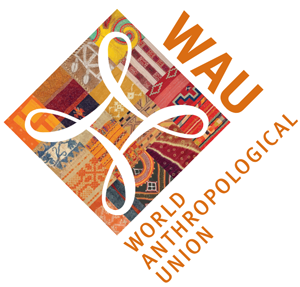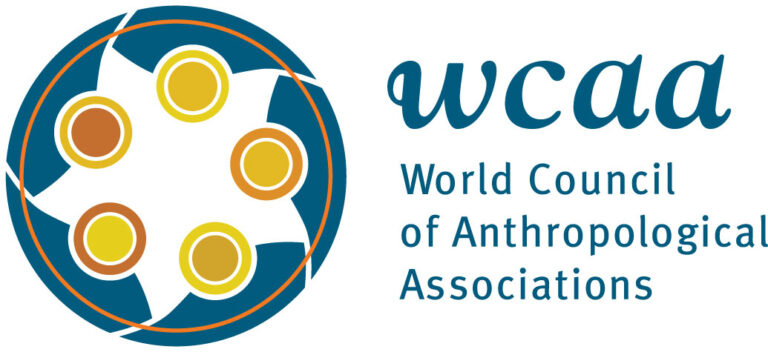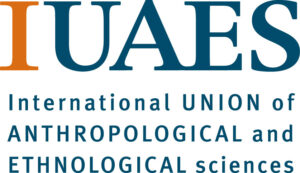Task Forces
WCAA Making Anthropology Global Task Force
(2021- )
This task force will
a) Examine the stances of anthropologists in different societies around the world towards Anglo-American hegemony: how does the situation differ among anthropologists in different regions?
b) More broadly, examine the comparative situation of anthropologists in different societies around the world
c) Suggest possible solutions to the comparative issues faced by anthropologists.
Comparing the situations of anthropologists around the world
Members
Yasmeen Arif
Chen Gang
WCAA Publishing Council
(2020- )
The WCAA Publishing Council was created in 2020 with the purpose of managing WCAA publications, as well as proposing new types of publication and improving the promotion of existing ones.
The principal aim of the Publishing Council is to disseminate the world’s anthropological work. The Publishing Council facilitates, promotes and encourages publication of articles and special sections in open access journals whether of the WCAA, of its member associations, or elsewhere, respecting the guidelines of the journals involved.
It is also a goal of the Publishing Council to transform content from WCAA webinars and interviews into outright publications, and to collaborate with the francophone dictionary/project Anthropen and other publications wanting to connect to the WCAA, and that have been approved by the Organising Committee of the WCAA. The Publishing Council also suggests principles and well-regarded processes for the editors of journals around the world. The Publishing Council is currently composed of Michel Bouchard, Virginia Dominguez, Ricardo Fagoaga, Monica Heller, Gordon Mathews, Emily Metzner, and Carmen Rial (Chair of the Publishing Council).
Gang James Cheng
Carmen Silvia de Moraes Rial
WCAA Ethics Task Force
(2012-2020)
The World Council of Anthropological Associations Ethics Task Force is an international body established in 2012 to highlight important issues that relate to ethics and anthropology.
It aims to review ethics guidelines with other associations for recommendation for the WCAA and develop research areas for further enquiries. Based on this body of evidence, the task is to make recommendations as to how WCAA might proceed. The aim is not to develop a universal set of guidelines but point out main issues that emerge and how they may be productively negotiated.
The WCAA Ethics Task Force is intent on defending the autonomy and integrity of anthropology for representation at large/state or university committees, and to participate in regional, national and international committees or organizations where required.
Members
Eufracio Abaya
Elisenda Ardevol
Shao-hua Liu
Soumendra Patnaik
Fiona Ross
Clara Saraiva
Rosita Henry
WCAA Global Cultural Policies Task Force
(2016- )
The WCAA Global Cultural Policies Task Force was founded at the WCAA Biennial Meeting in Dubrovnik (2-3 May 2016) with the task of coordinating transnational activities of the WCAA member associations related to cultural policies.
The initial aim was to outline a set of principles according to which policies that would benefit inter-cultural relations (primarily between different ethnic and religious groups) could be designed. Some of these principles would be treated as universal, while others would accommodate specific multi-cultural nation state contexts. The task force seeks to facilitate case studies of both successful and unsuccessful practices coming out of anthropological and other social science accounts that could serve as the basis for general and specific frameworks of policy action.
It also has the further aim of developing channels of communication through which political decision-makers at different levels could be reached directly or indirectly in order to convey recommendations for fostering positive and equitable cultural policies.
Members
Greg Acciaioli
Lia Ferrero
Lorne Holyoak
Shu-min Huang
Shao-hua Liu
Cynthia Neri Zayas
Idham Setiadi
Vesna Vucinic Neskovic
WCAA Academic Precarity Task Force
(2016- )
This Task Force aim is to found a common ground for discussions and action on the issue of academic precarity. Its establishment in 2021 is the outcome of a series of discussions and initiatives developed since 2016 in the context of the IUAES, WCAA and EASA congresses and meetings.
Members
Chairs
Georgeta Stoica
Vinicius Kaue Ferreira



